PMKVY 4.0 courses list 2023-24 (Pradhan Mantri Kaushal Vikash Yojana 4.0)
PMKVY courses list 2023 (Pradhan Mantri Kaushal Vikas Yojana 4.0) Introduction :- 1.1 The first version of Pradhan Mantri Kaushal
Read More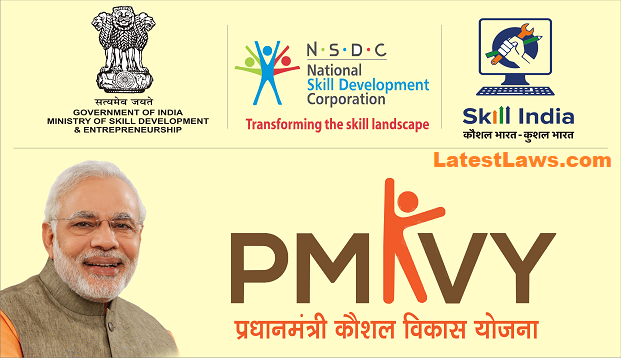
PMKVY courses list 2023 (Pradhan Mantri Kaushal Vikas Yojana 4.0) Introduction :- 1.1 The first version of Pradhan Mantri Kaushal
Read More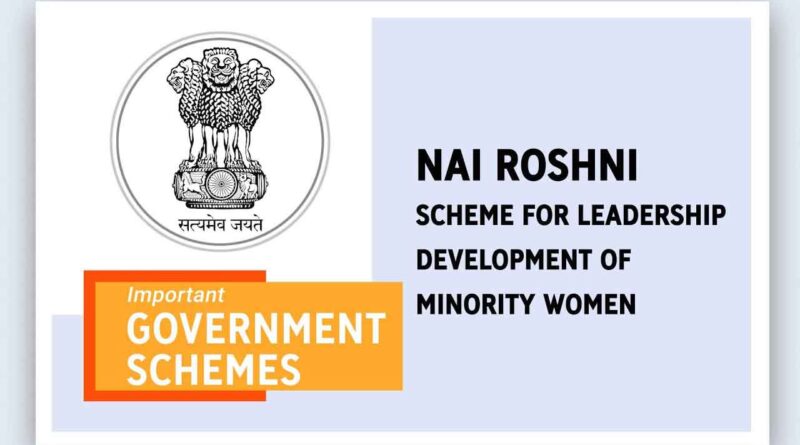
Nai Roshni Scheme For women empowerment Nai Roshni Scheme Details :- The Nai Roshni Scheme is a scheme launched by
Read More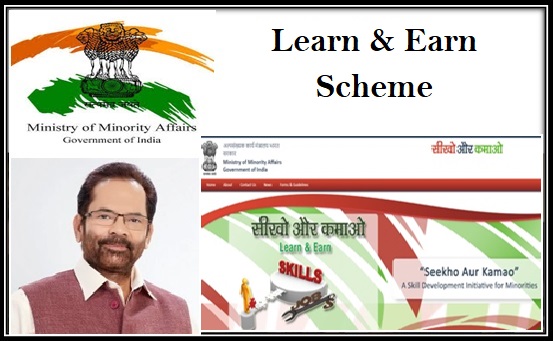
Seekho aur Kamao Scheme: The “Seekho aur Kamao” scheme is a flagship initiative of the Ministry of Minority Affairs in
Read More
udaan project, the Special Industry Initiative (SII) for J&K is funded by Ministry of Home Affairs and implemented by National
Read More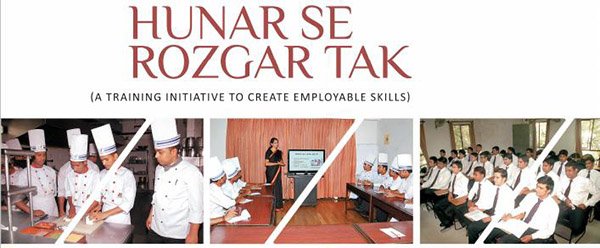
Hunar Se Rozgar Tak (HSRT 8 Month Course):- GOVERNMENT OF INDIAMINISTRY OF TOURISMPMUSD“HUNAR SE ROZGAR TAK” PROGRAMME(AS ALIGNED TO THE
Read More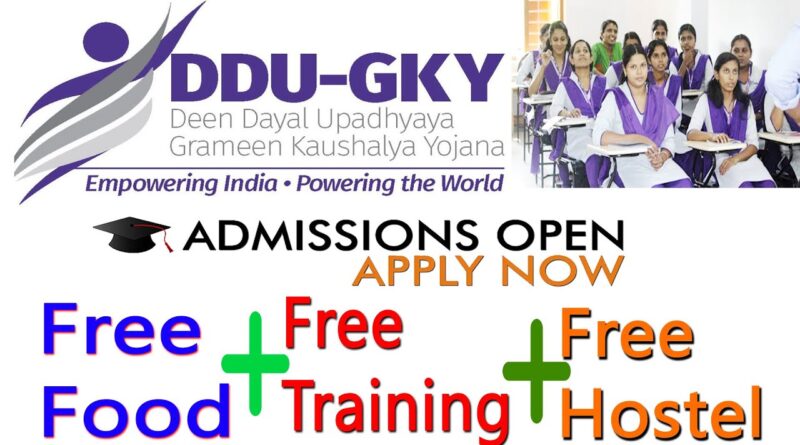
DDUGKY Courses (DEEN DAYAL UPADHYAYA GRAMEEN KAUSHALYA YOJANA) Vision:DDUGKY Courses Transform rural poor youth into an economically independent and globally
Read More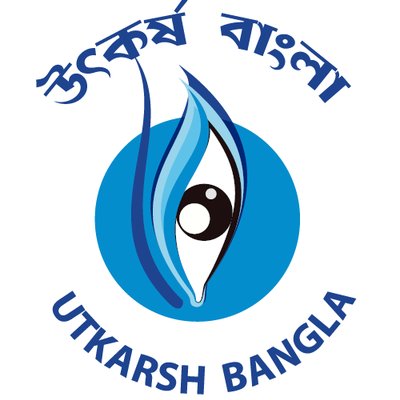
West Bengal government has launched the Utkarsh Bangla Scheme with an aim of providing vocational training to school dropouts. The
Read More